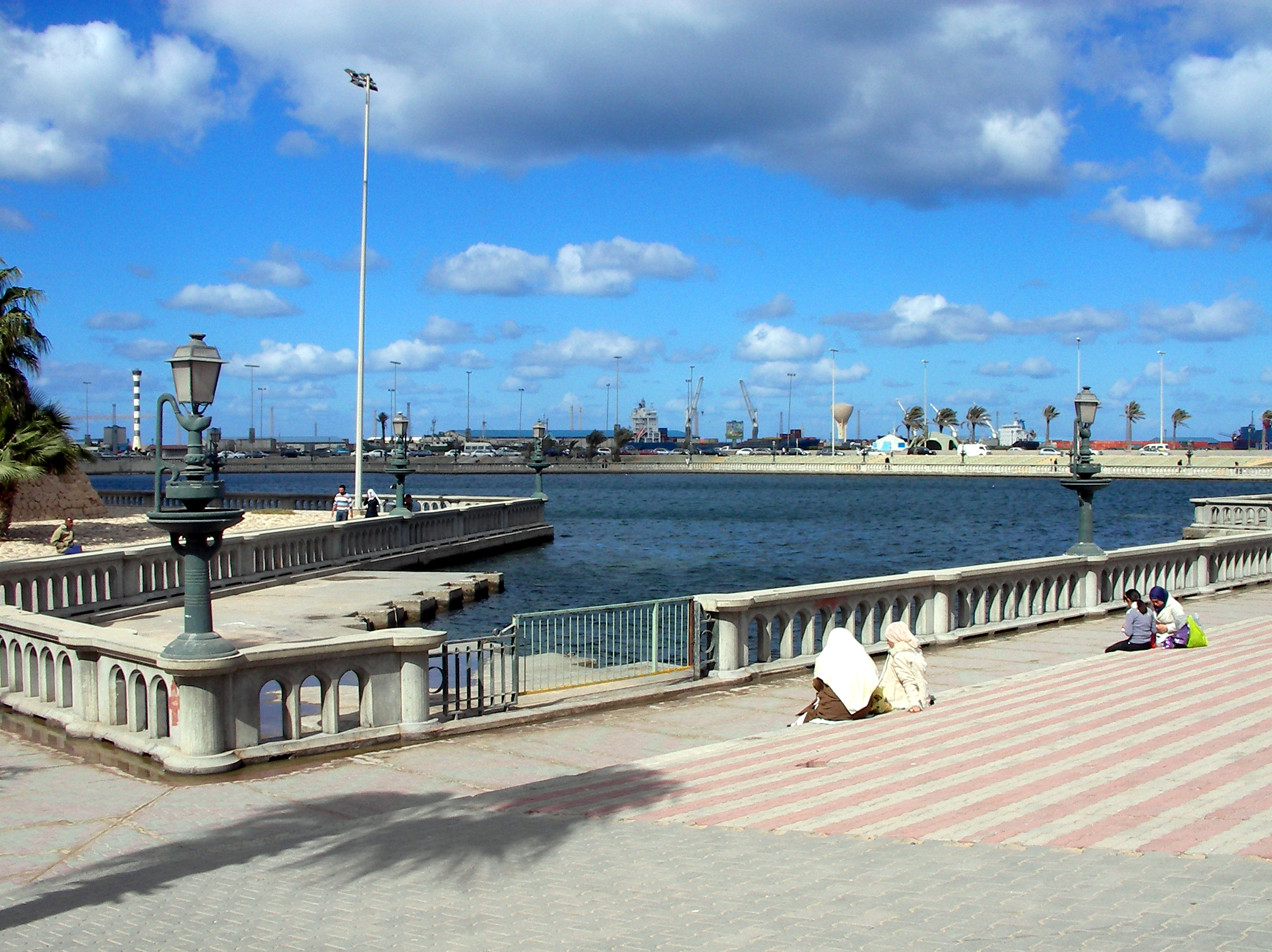Political situation Ongoing power struggle prevents sustainable development
Harbour promenade in Tripoli
In October 2020 a ceasefire was established. Since then the power relations between the West and the East have remained fragile with both national and international actors focusing more on pursuing their own interests. The people in the country face frequent interruptions to the electricity and water supply and mounting food costs. The OECD regards the situation in Libya as extremely fragile at many levels – political, economic, societal, environmental, and as regards security.
The United Nations are trying – with support from Germany and the Berlin Process and others – to mediate between the political actors in order to facilitate a solution to the conflict and prepare the ground for free and fair national elections.
Human rights
According to the non-governmental organisation Freedom House, the human rights situation has deteriorated in recent years. In its 2025 Freedom in the World report (External link), Libya is ranked as “not free”. The country scored just ten out of a possible one hundred points in the political rights and civil liberties assessment.
The United Nations Support Mission in Libya (UNSMIL) reports illegal detentions and has also documented “disappearances” of (alleged) political opponents, with the whereabouts of thousands of women, men and children remaining unknown.
Displacement and migration
Libya is the most important transit country for displaced persons and migrants wishing to cross from North Africa to Europe across the Mediterranean. According to the United Nations High Commissioner for Refugees (UNHCR), more than 106,000 refugees and asylum seekers – more and more of whom hail from the Sudan since the outbreak of the civil war there in April 2023 – are registered in Libya (as at January 2026).
Estimates were that some 5,700 people were in internment camps in Libya in June 2025. There are repeated reports of serious human rights violations in these camps. Since 2017, UNHCR has evacuated more than 6,300 refugees from Libya – mainly to Niger, Rwanda, European countries and Canada.
Many people have been forced to flee from hostilities in central Libya to other regions throughout the country. Although many have returned to their place of origin over the past two years, there are still more than 30,000 internally displaced persons in Libya.
As at: 18/08/2025
